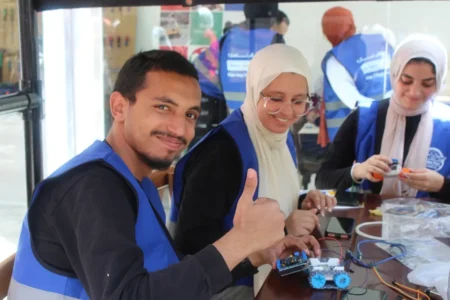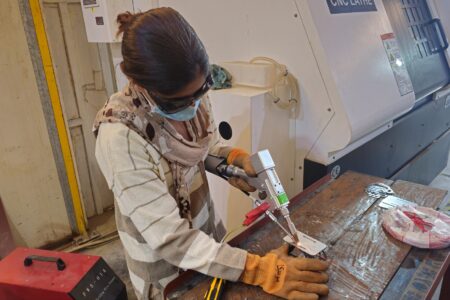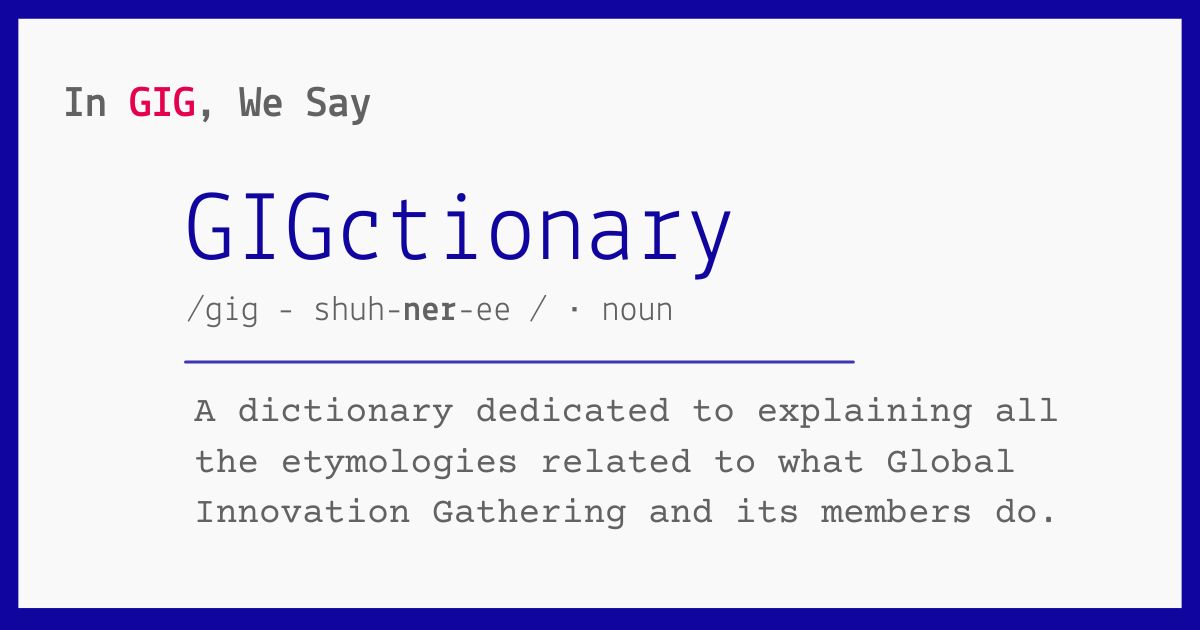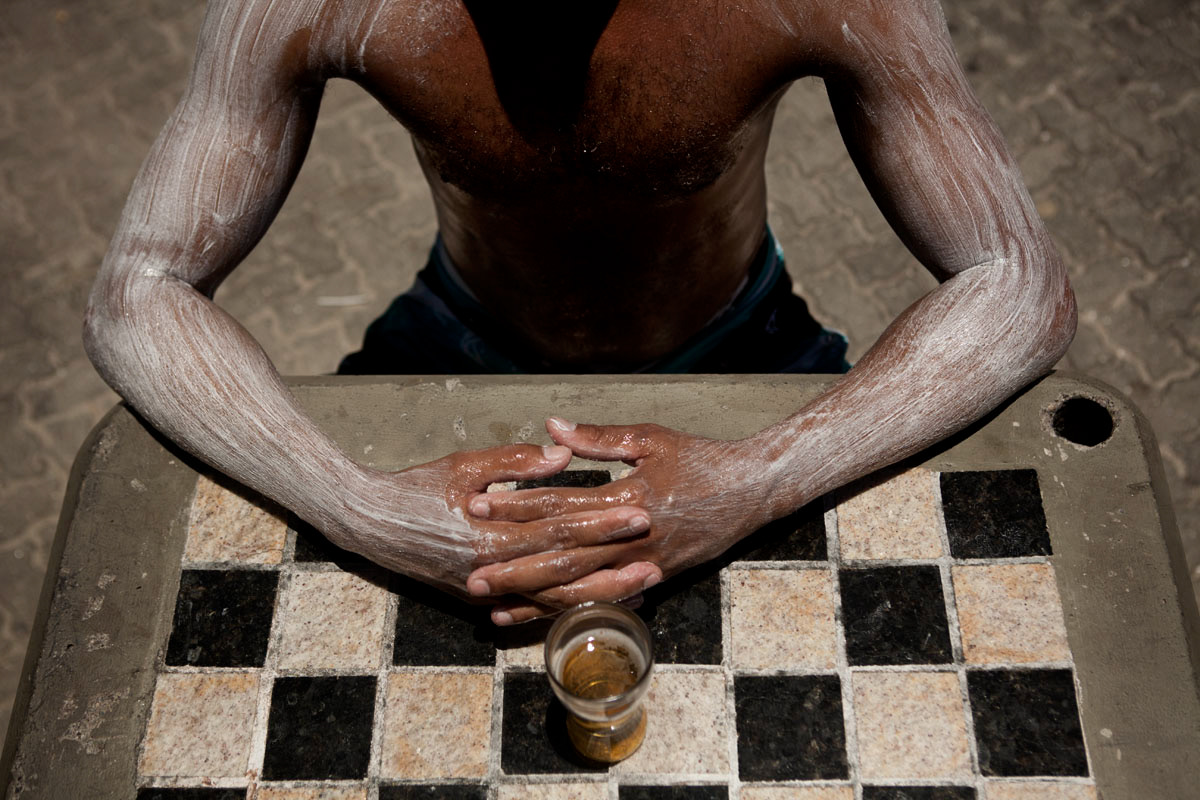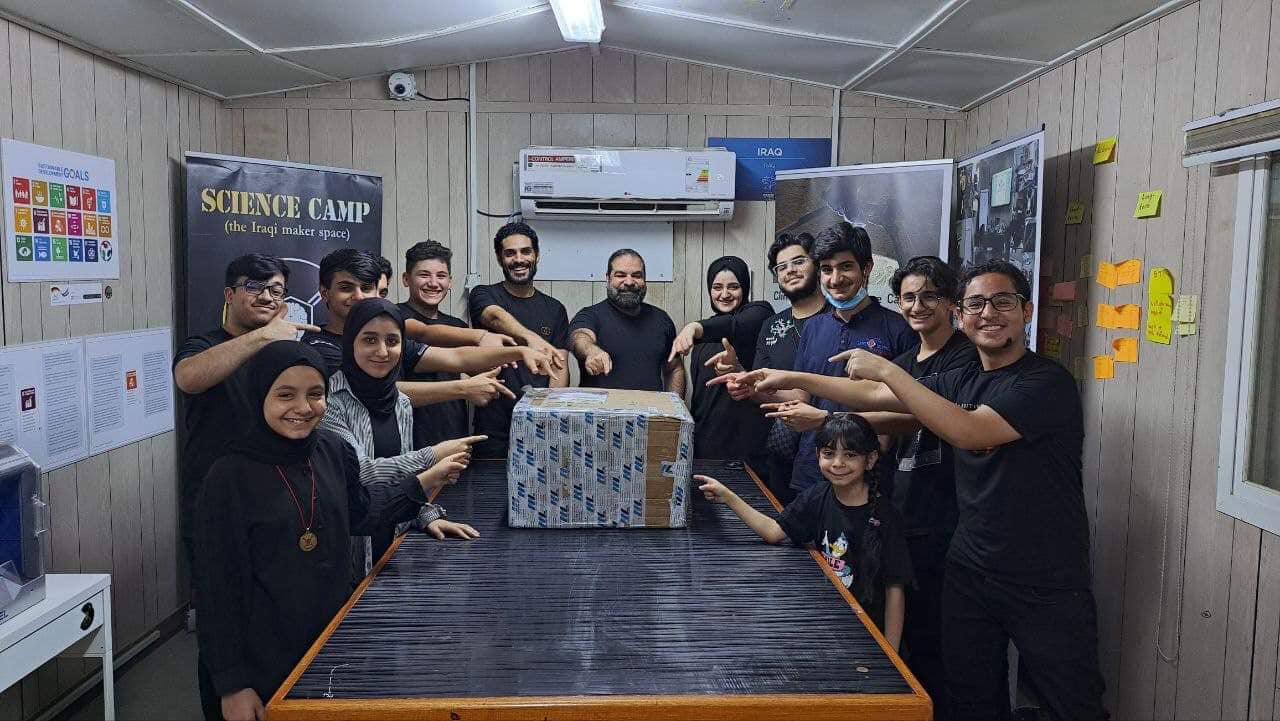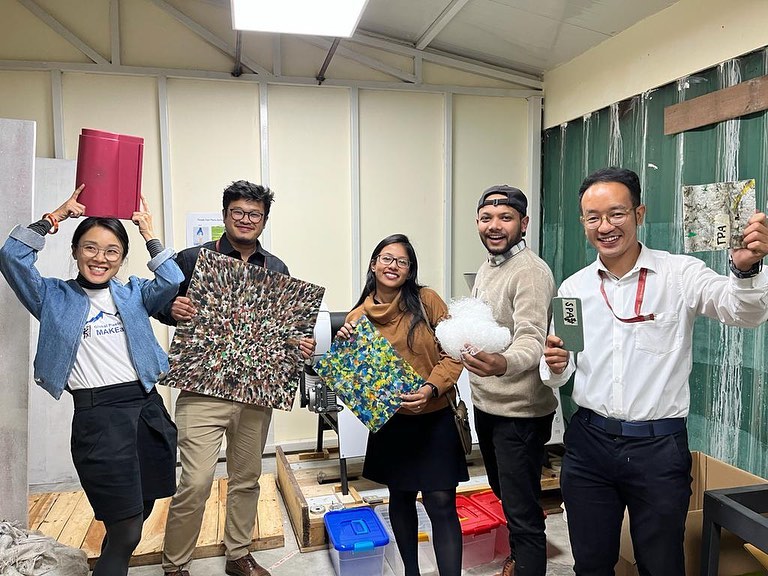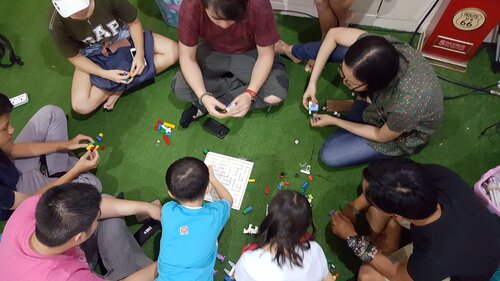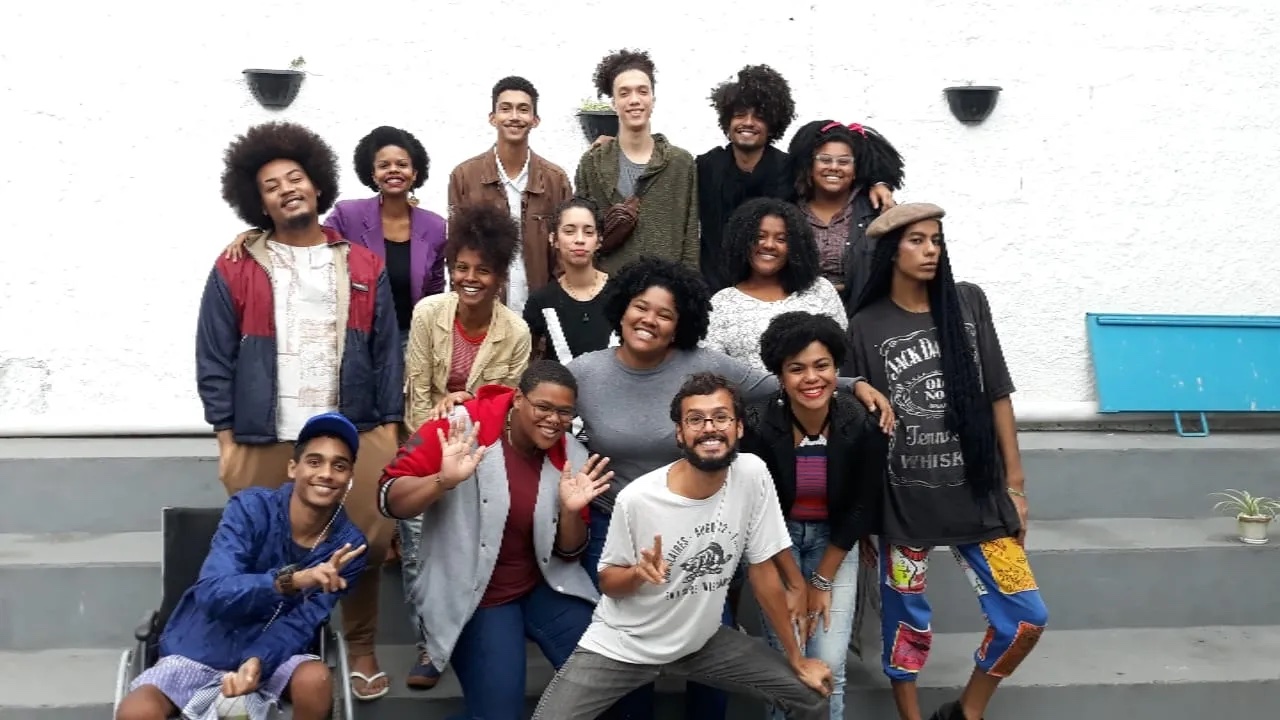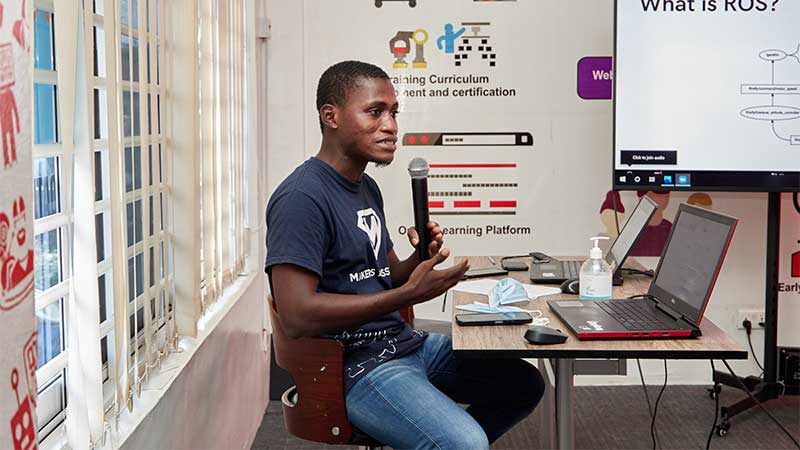April was a special month for makers in Egypt — and for some from around the globe, especially within our GIG community. It was the month of Maker Faire Cairo 2025!
Education and Makerlabs represent a dynamic intersection of innovation, collaboration, and skill-building. Makerlabs, as spaces dedicated to hands-on learning and creativity, have become increasingly integrated into educational frameworks. They provide opportunities for learners to engage in project-based activities, fostering critical thinking and problem-solving skills. Integrating Makerlabs into education is challenging, but the potential benefits are […]
In GIG, we say many things; we talk about innovation, technology co-creation, and much more. Sometimes, we even invent our own words! As someone might say, we’re often “GIGing it,” managing to do something despite the difficulties one might face in the process (because we are a part of GIG). As we grow as a […]
Racism is a pervasive and complex problem, affecting individuals and societies differently. How can we address this issue creatively and engagingly? How can we use games for empowerment, awareness, and education? These questions motivated a co-design lab in Brazil in a partnership between GIG and the University of Bristol and its collaborators. The co-design lab […]
We sat down to talk with Nawres Arif this past Thursday to discuss his maker program in Iraq. Nawres is a trained pharmacist but considers himself to be more than that. He is also an artist, designer, and robot maker. In around 2003, Nawres became a part of the global maker movement. His passion for […]
Equipping young people with technological and entrepreneurial skills to solve local community problems is the mandate of one particular makerspace in the Northern region of Ghana. Noni Hub, located in Wa, is a budding innovation that aims to foster innovation, creativity, and making scalable technological solutions. Mustapha Dauda, an African Maker and Engineer in electronics […]
Technology has become an integral part of our lives in today’s fast-paced world. Technology has transformed how we live and work, from smartphones to smart homes. However, not everyone has access to the latest technology or the skills to use it effectively. This is where organizations like FabLab Nepal come in. FabLab Nepal is a […]
Imagine a welcoming and imaginative space, with the floor resembling grass and trees serving as tables. It’s a place where kids can collaborate to design, create and think. The students use circuits, 3-D printers, and crafts to create creative projects. Based in the Philippines, that is precisely what SparkleLab presents. Founded by Rosanna Lopez, SparkleLab […]
Data_labe is a data and narratives laboratory based in the Maré favela in Rio de Janeiro, Brazil. It is also a member of the Global Innovation Gathering (GIG), a network of innovation hubs, makerspaces, hackerspaces and other grassroots initiatives worldwide. In this blog post, we will showcase their work and connection to GIG and invite […]
In recent years, makerspaces have emerged as a powerful force for innovation and community building in cities worldwide. These shared workspaces provide access to tools, technology, and resources often out of reach for individuals and small organizations. They also serve as a hub for collaboration, experimentation, and skill-sharing. But while the benefits of makerspaces are […]

